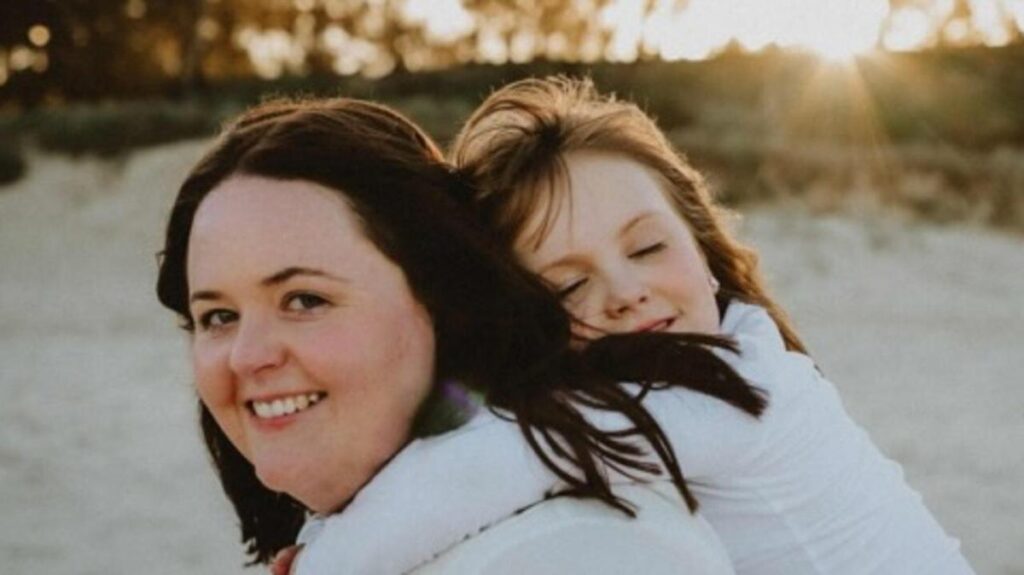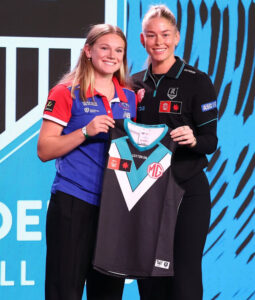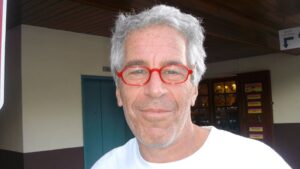
Queensland mother Erin Kelly, just 29 years old, faces a shocking diagnosis of a rare hereditary form of Alzheimer’s, a condition that typically affects individuals in their mid- to late-60s. This urgent situation has profound implications for her and her eight-year-old daughter Evie, as she may forget her name before Evie finishes high school.
Ms. Kelly’s journey began in January 2020, when her father revealed a troubling family history: she and her siblings had a 50% chance of developing Alzheimer’s. Initially, she chose to ignore this information, saying, “I sort of stuck my head in the sand and just pretended it wasn’t happening.” However, after receiving a positive gene test result in May 2022, she realized she could no longer avoid the reality of her diagnosis.
In her quest for answers, Ms. Kelly contacted Alzheimer’s Australia, but reported, “They just said, ‘Look, we can’t help you at the moment.’” After struggling to find support, she finally connected with a geriatrician who ordered additional scans. The results showed early signs of the disease, a revelation that left her feeling “daunting… very conflicting.”
“I often have moments of hypervigilance,” Ms. Kelly explained, noting that even ordinary forgetfulness triggers anxiety about her condition. Yet, she is determined to create a better future for her family. “I want to do something about this; there’s not enough knowledge out there,” she stated.
In a proactive response, Ms. Kelly has launched an online fundraiser with her stepsister, Jessica Simpson, aiming to cover treatment costs and raise awareness for genetic predispositions to Alzheimer’s. The treatment they are pursuing, lecanemab, is not approved by the Therapeutic Goods Administration (TGA), making it difficult to access. With a price tag of approximately $90,000 for an 18-month treatment regimen, the challenge is significant, especially since it hasn’t been tested on young patients like Ms. Kelly.
“The criteria at the moment to get any help is being 50 to 90 years old,” she lamented. Despite these hurdles, Ms. Kelly is willing to be a pioneer, stating, “I’m willing to be that person to say, ‘All right, let’s give it a go and see.’”
Her stepsister, Ms. Simpson, emphasizes the importance of Erin’s efforts, saying, “Erin isn’t asking for a miracle … she’s simply asking for more time. More ordinary days. More little moments.” She urges the public to support Erin, stressing, “Your support means the world to our family.”
Currently, there are 480,000 Australians living with dementia, and stories like Erin’s highlight the urgent need for increased awareness and research. As Ms. Kelly fights against the clock to secure treatment and advocate for others, the need for action and support has never been clearer.
This developing story underscores the human impact of Alzheimer’s on families and the vital importance of funding research for genetic conditions. Follow Erin’s journey and support her cause to make a difference for others facing similar battles.





